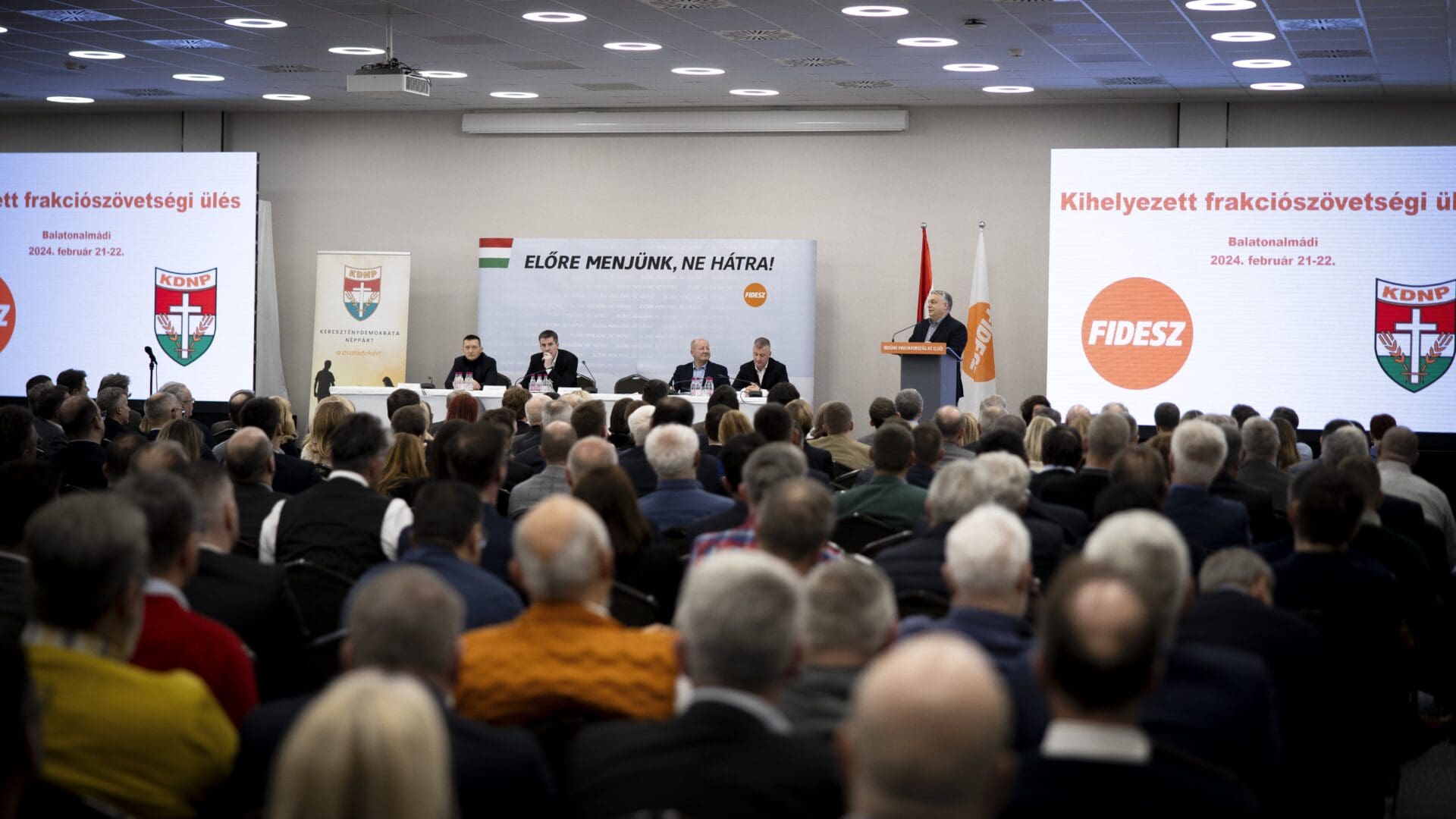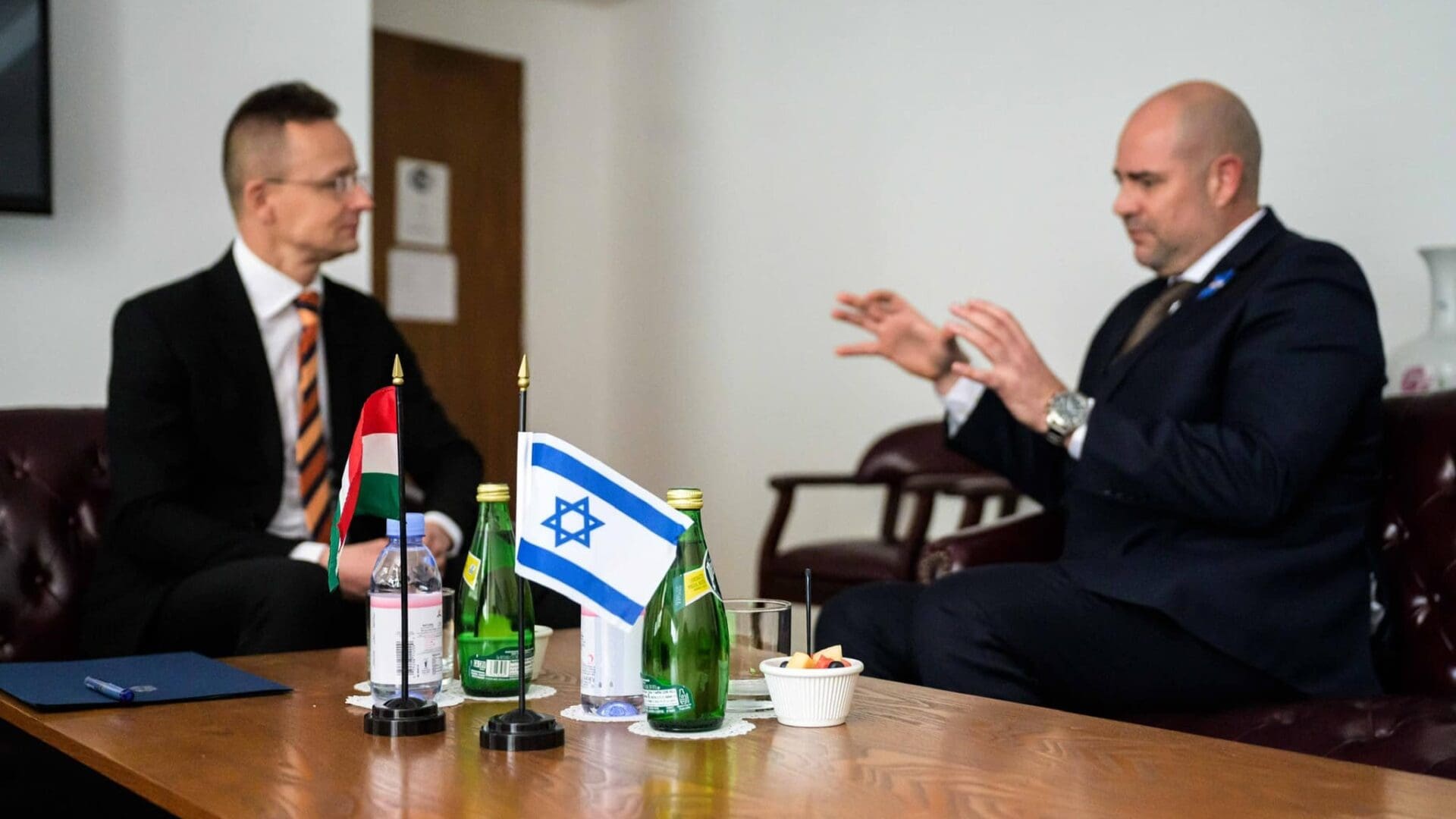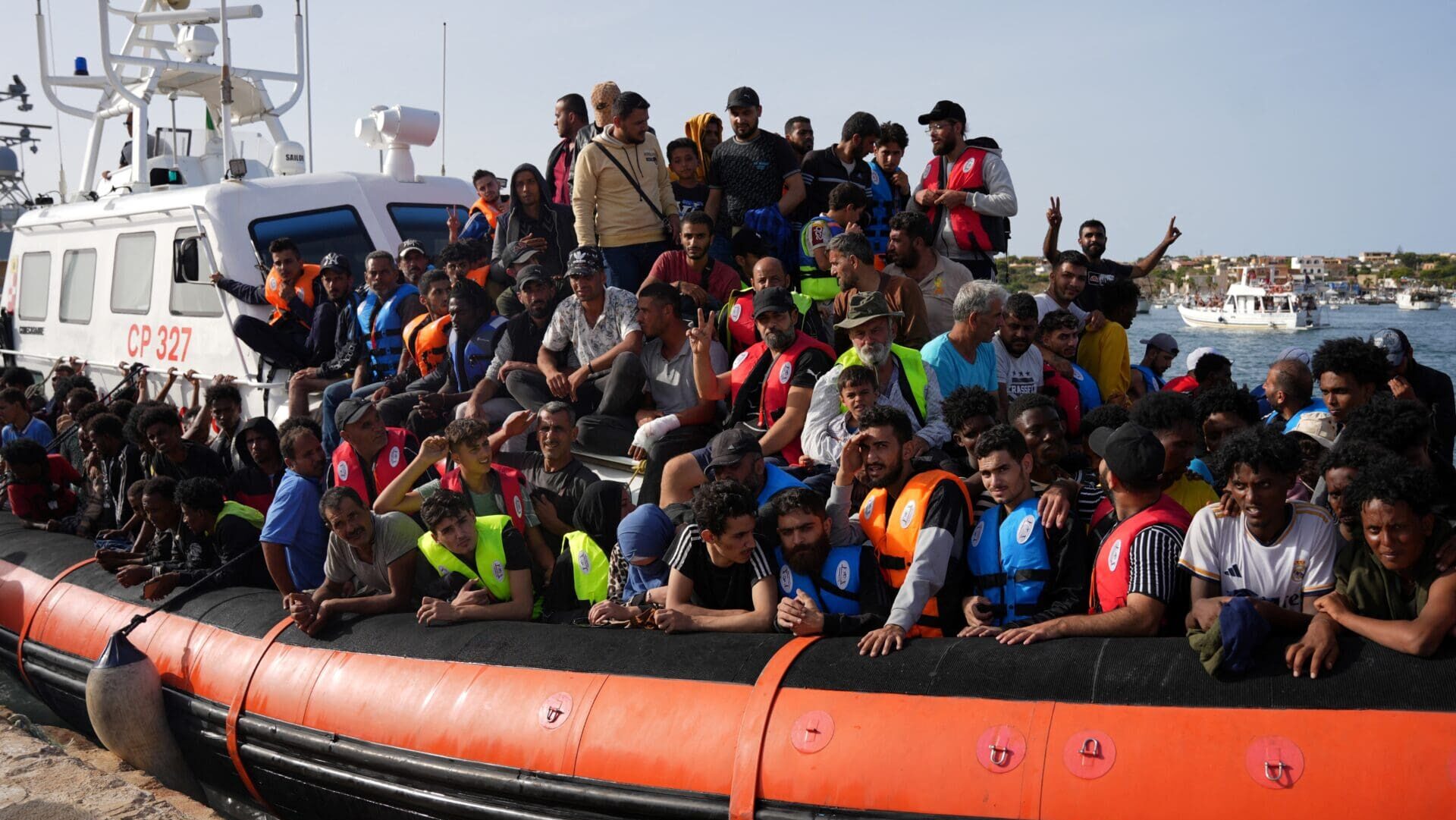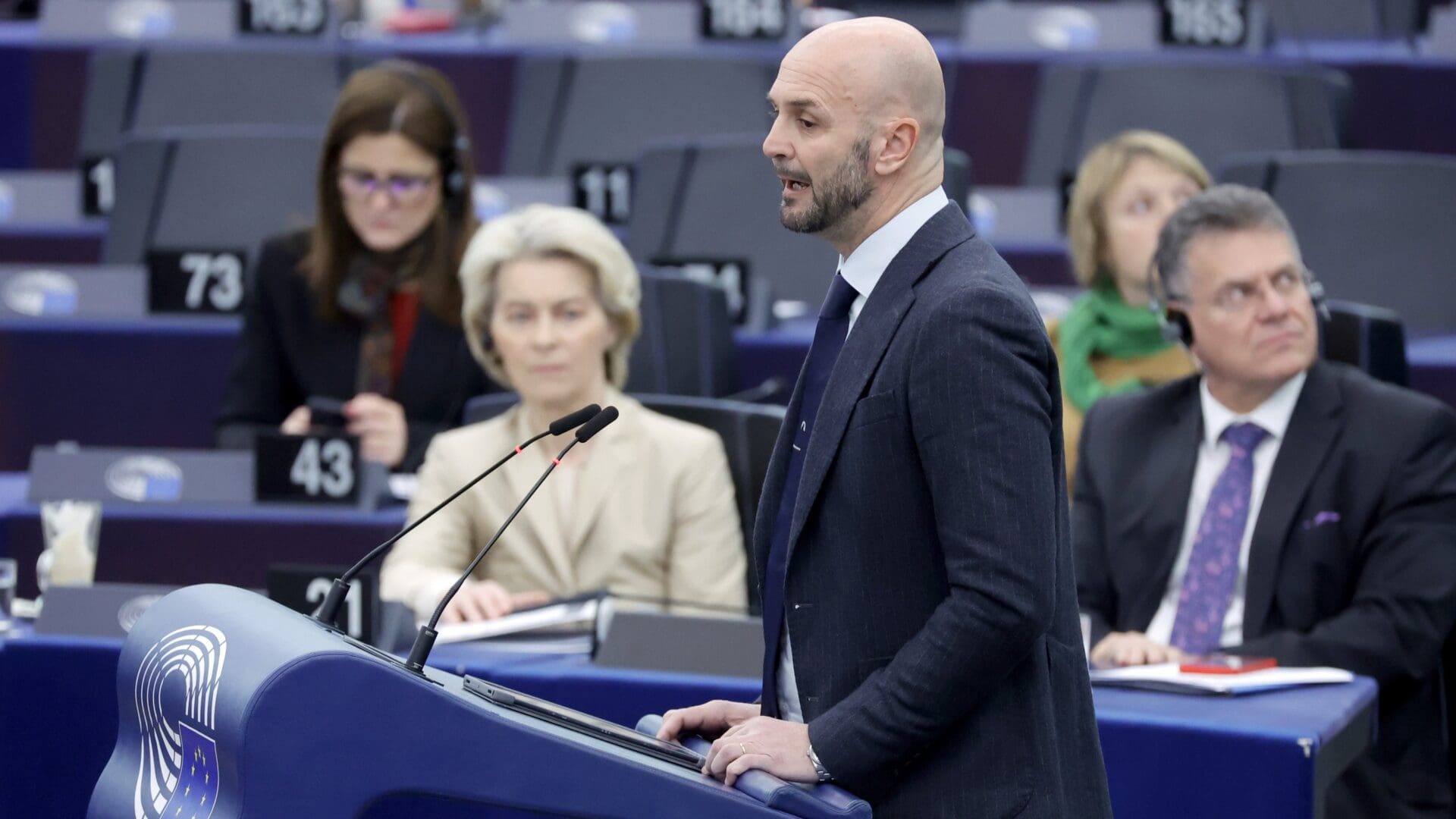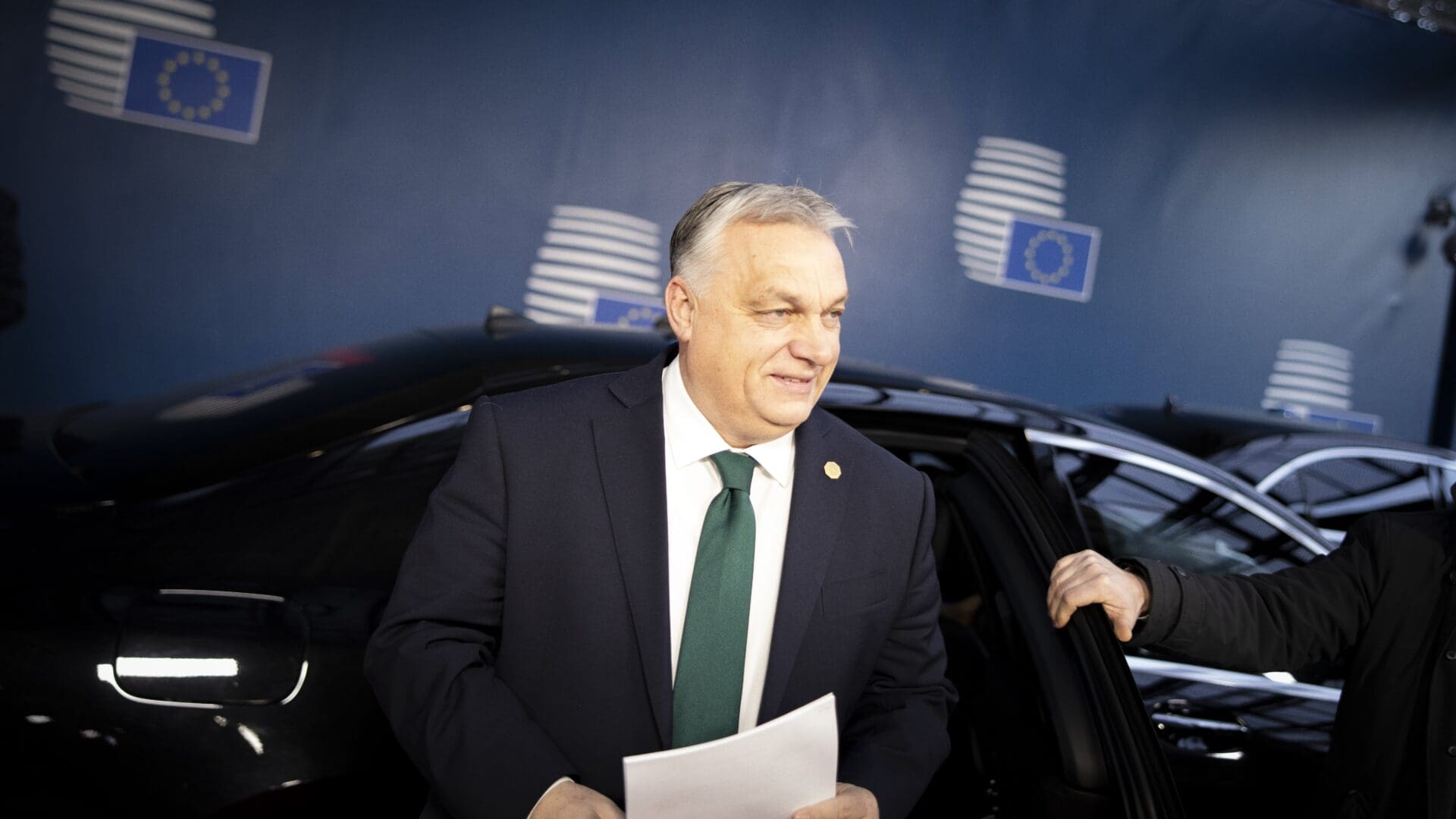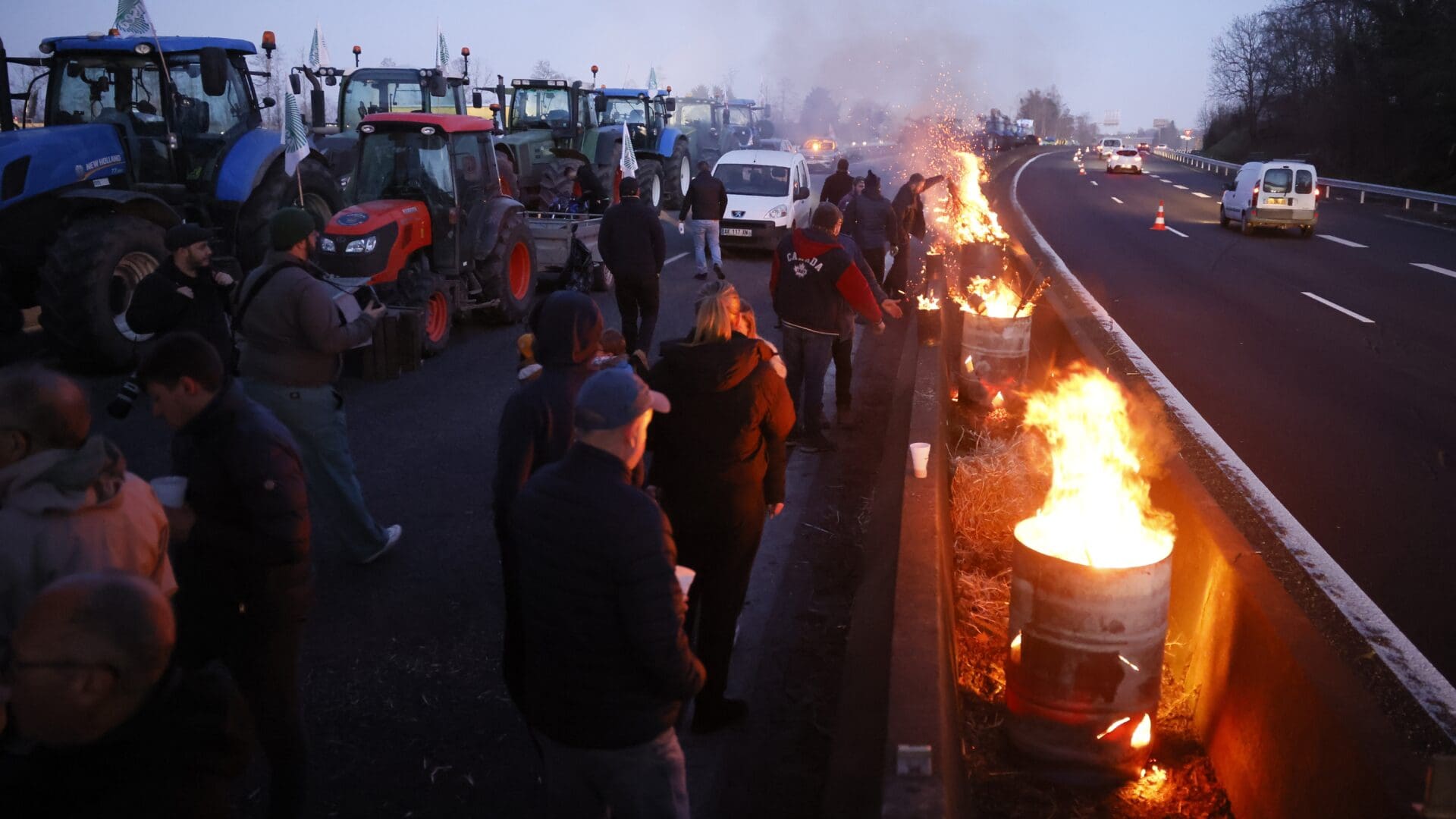
Europe Learned Nothing from Trianon
‘Europe’s most powerful nation is now led, without exaggeration, by political extremists. The heads of the other large nations, France and Britain, are all cynical, complacent, and indifferent to the problems of their citizens to a degree not seen here since the French Revolution.
It is an interesting situation for us. So far, we have been the ones always divided up: by the Ottomans, Habsburgs, Germans, and French. Now they are the ones being sliced up and bid on by the hungry peoples of the Third World and the coldly calculating networks of people smugglers.’

